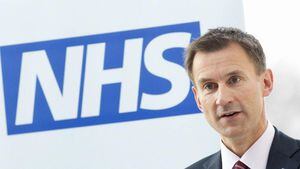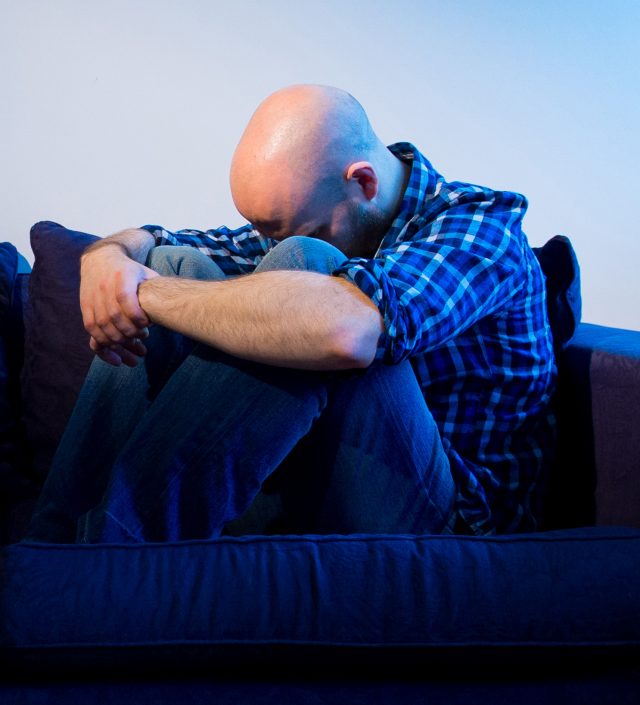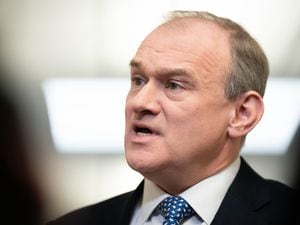Mental health plan will see 21,000 new posts created, Jeremy Hunt says
The Royal College of Nursing questioned whether enough people could be trained in such time.

An NHS expansion plan for mental health services will see thousands of new posts created, the Government has said.
Health Secretary Jeremy Hunt said the aim was to treat an extra one million people by 2021 under one of the biggest boosts to mental care in Europe.
However, the Royal College of Nursing (RCN) questioned whether enough people could be trained in such time, and if there were the resources to do so.

The £1.3 billion drive will provide services seven days a week, 24 hours a day, and properly integrate mental and physical health services for the first time, Mr Hunt said.
The number of trained nurses, therapists, psychiatrists, peer support workers and other mental health professionals will be “dramatically” increased with 21,000 new posts under the plan, according to the Health Department.
Mr Hunt said: “As we embark on one of the biggest expansions of mental health services in Europe it is crucial we have the right people in post – that’s why we’re supporting those already in the profession to stay and giving incentives to those considering a career in mental health.”
Janet Davies, chief executive of the RCN, said: “The Government’s policies appear not to add up.
“If these nurses were going to be ready in time, they would be starting training next month. But we have seen that the withdrawal of the bursary has led to a sharp fall in university applications and we are yet to see funding for additional places.
“There is already a dangerous lack of workforce planning and accountability and this report is unable to provide detail on how the ambitions will be met.
“It is clear the Government will need to work hard just to get back to the number of specialist staff working in mental health services in 2010. Under this Government, there are 5,000 fewer mental health nurses and that goes some way to explaining why patients are being failed. The NHS needs to see hard cash to deliver any plans.”
Mr Hunt, responding to Mrs Davies’s comments, told BBC News: “Well, I think it’s an ambitious target but I think the mistake health secretary after health secretary from different parties and different governments have made is that they’ve thought ‘If you want to solve a problem, you put the money in’, and money of course is very important, but you’ve got to have the people.
“So we are investing more in training up people – we actually have 32,000 more people providing mental health care than we did in 2010, so there’s been a big expansion already – but today we are announcing another 21,000 posts, which will mean a lot more money going into training.”
He said 2,000 posts would be for children and young people’s provision, and another 4,600 extra nursing staff working in crisis care.
Professor Wendy Burn, president of the Royal College of Psychiatrists, which helped devise the plan, said: “As medically trained doctors, psychiatrists are vital to the treatment of mental illness. You would expect to see a consultant if you had cancer and the same applies for mental health.
“The 570 extra consultants promised in this strategy will be crucial to delivering the high-quality, robust mental health services of the future.”
Retaining staff and encouraging some of the 4,000 psychiatrists and 30,000 trained mental health nurses not substantively employed by the NHS to return to the profession will form a major part of the drive.





